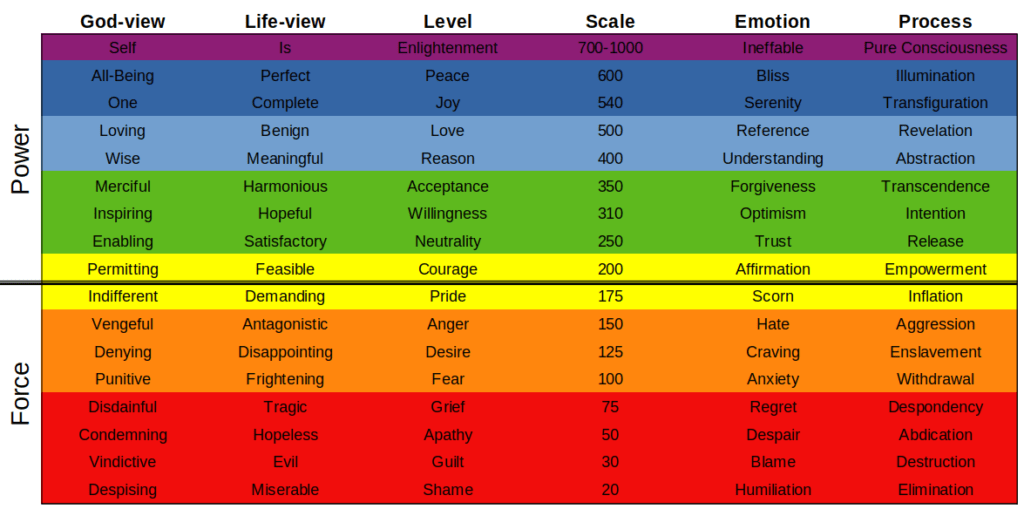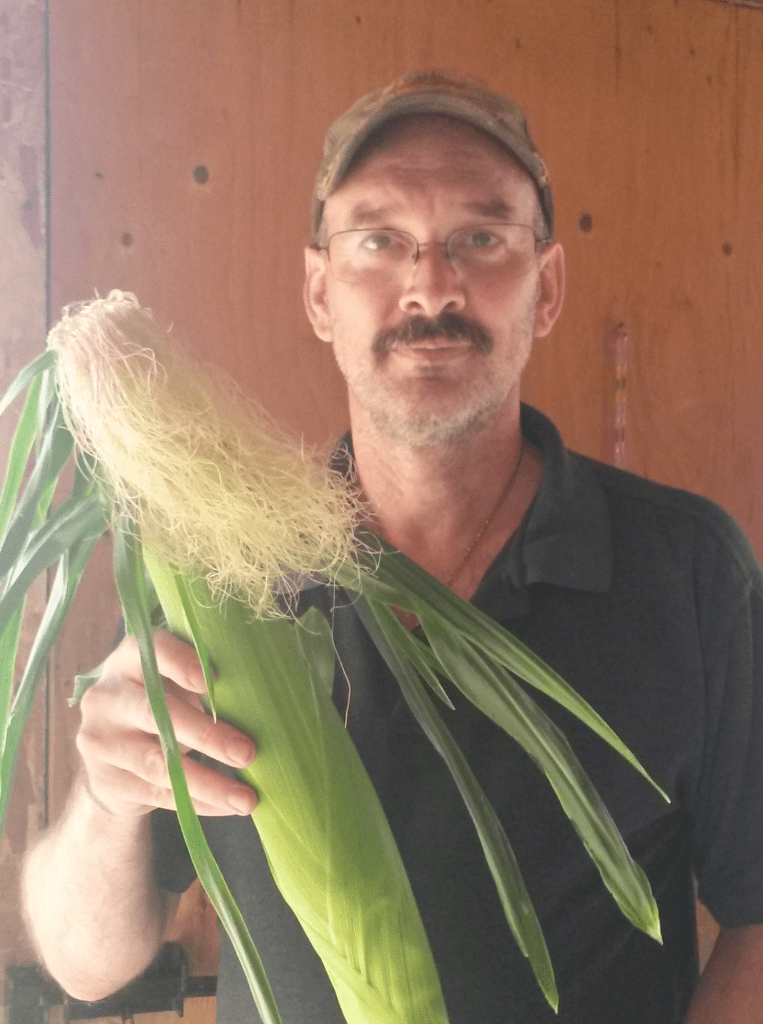Years ago I watched a video from the floor of the US House of Representatives. In that video one representative was asking questions of another and I was struck by the protocol they were using. The one representative would stand up and ask if the gentleman would grant permission for him to ask two questions. The other representative then stood up and granted permission, at which point the first representative then posed his questions.
I know that these protocols were established to acknowledge the sovereignty of each ‘gentleman’ or ‘gentlewoman’ in the house. What struck me though is that even asking a question without permission would be a violation of someones sovereignty. How far have we come where the social norm now is to not only ask questions but also demand or expect that those questions be answered or that people perform specific duties in response to those questions?
I found a similar protocol within the Floor Procedures in the U.S. House of Representatives. While this protocol is in regards to who can speak, it still highlights the profound protocols used to honour and respect the sovereignty of others.
“Once a Member has been recognized by the Speaker (or Chair) to speak, he controls the floor; in general, no other Member may speak without being granted permission to do so by the Member recognized. Another Member who wishes to speak will ask the recognized Member to yield by saying, �Will the gentleman yield to me ?” – Floor Procedures in the U.S. House of Representatives.
Years ago I was taught about the protocol of approaching an elder with tobacco and prints, depending on the scope of the questions or request being made. I was also reminded of this protocol a few weeks ago which has prompting this post. Many people view the tobacco and prints as a ‘gift’, but it is not that at all. What people don’t realize is that when we approach another with a question or request, we are asking them to accept a burden or duty that they currently do not carry. The tobacco and prints are medicine that they can use to help them work through that duty and burden, to bring balance to the one accepting that duty as it does require time, energy and other resources to fulfill. If the elder accepts, he now must go and spend time, pray or do what ever is required to fulfill the request, a burden and duty to fulfill!
This goes beyond the protocol that some tribes use when approaching their elders. What about the modern protocol where people feel free to ask questions of others, placing burdens or duties on them and then expect a specific level of performance or results. If those expectations are not met, shame and guilt is often used towards those who failed to meet those expectations. This modern protocol violates the sovereignty of others and normalizes violence and abuse towards others.
When we ask someone a question or ask for help, it requires that they invest time, energy and perhaps even resources to honour that request. Each of us, when receiving such requests, has a responsibility to ourselves to ensure that we seriously reflect on the request prior to accepting or denying it. Do we have the time, energy, resources, medicine, skills, knowledge, experience, protocol or even the physical, emotional, mental and / or spiritual health to take on such a duty or burden with integrity, honour and respect? Once we acknowledge that, it then helps us to then ‘see’ the other side when we approach someone else to ask them a question or ask for help. The current challenge is that most people have a hard time asking for help due to social shaming and guilt, which must be healed. Whether healed or not, if we can acknowledge that our request has a duty and / or burden attached to it, the weight of the request becomes greater. This then should trigger conscious contemplation on the request, question or interaction with others and how best to honour that interaction.
If we do our due diligence, reflect on our request to ensure that none of it can be done ourselves and fine tune it to minimize the burden on others, then we can identify the medicine required to accompany our request for help and ensure that we honour the time, energy, skills and abilities of those with whom we are approaching. It is important to note that if they say no, we must honour their position and not engage in shame, guilt or other violent manipulations to gain their agreement. If people are asking for help, then it is also our responsibility to carefully reflect and weigh the request to ensure that if we accept it, that we can fulfill that request to the best of our abilities. This duty to honour the request rests on both parties, not just one.
When we challenge the current socially accepted practices, many will see it as being disrespectful and selfish. This is an incorrect assessment as their views are expressed through their own ignorance of the energy and violence behind the current protocols. Bullies will lash out when they feel their power is threatened. When we take back our power and authority, the protocols around that must change as well, otherwise we are not free.





